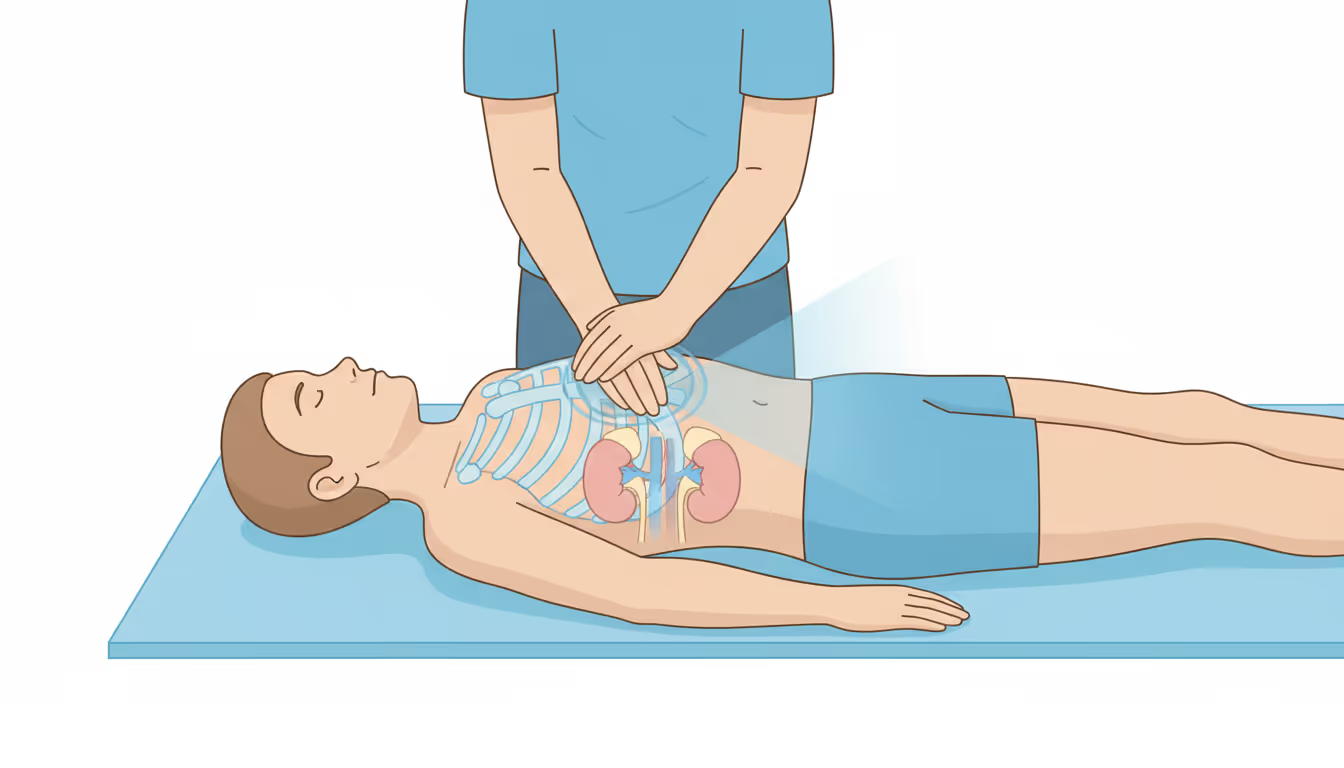
Chronic renal failure, now more frequently referred to as chronic kidney disease, is categorized into stages based on the glomerular filtration rate (GFR), which indicates the kidney's filtering ability. Stage 1 signifies normal kidney function but identifies those at risk for worsening kidney disease, such as individuals with proteinuria. Stage 2 applies to those with a GFR ranging from 60 to 90 mL per minute. Stage 3 is designated for patients whose GFR is between 30 to 60 mL per minute. Stage 4 includes those with a GFR of 15 to 30 mL per minute. Stage 5 encompasses patients with a GFR below 15 mL per minute who have not yet started dialysis. Stage 6 is for those with a GFR under 15 mL per minute who require dialysis due to kidney failure.Chronic kidney failure involves a gradual decline in kidney function over an extended period, unlike acute renal failure. This decline may stem from past acute renal episodes leading to long-term kidney damage or from diseases that gradually impair kidney function, such as primary kidney diseases (like glomerulonephritis) or secondary conditions, including diabetes, hypertension, or autoimmune disorders. Although kidney function deterioration can be progressive, treating the underlying cause can sometimes stop the damage and even improve kidney function. Unfortunately, many patients, particularly those reaching Stage 4 or Stage 5, may progress to end-stage renal disease (ESRD), at which point dialysis or a kidney transplant becomes necessary. When dialysis begins, it aligns with chronic kidney disease Stage 6.Efforts are underway to slow or halt the progression of chronic kidney disease. Early diagnosis is crucial in preventing further kidney damage. Chronic kidney disease often progresses gradually over several years, leading to irreversible kidney failure. This condition is prevalent and may remain undetected until it reaches an advanced stage, with renal failure looming. Individuals with permanent kidney failure require dialysis or a kidney transplant to assume the functions of their non-working kidneys. Chronic renal failure differs from acute renal failure and is sometimes called chronic kidney failure.




